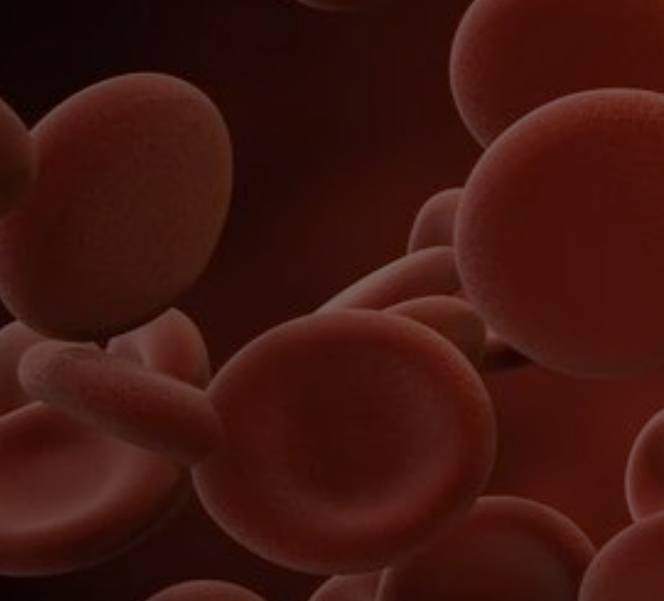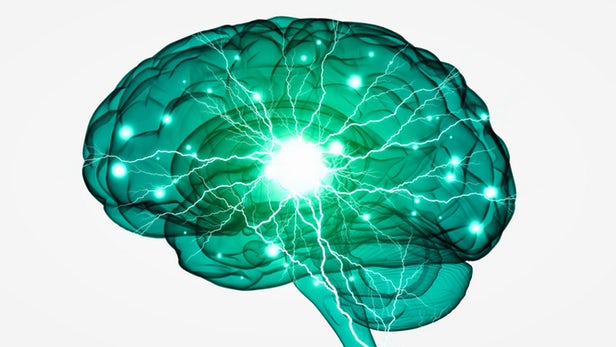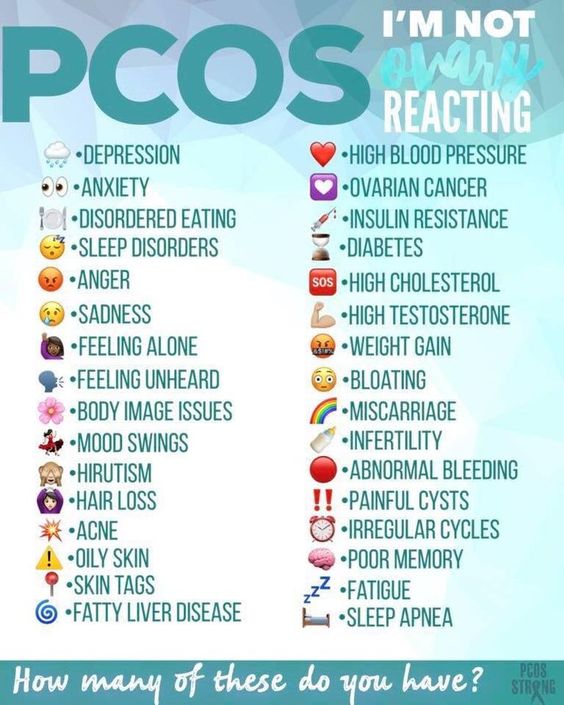Many people who have Lyme disease are not even aware that they have it. They just know they feel very ill and no-one seems to be able to find the cause or fix the problem. And that, in itself, is enough to make you feel depressed and lose hope.
The Johnson family of West Texas knows just how this feels.
Mom, Dad and all three kids started getting sick and despite seeing many doctors, they were not getting the help they so desperately needed. He confirmed that they all had Lyme. However, the treatment they received did not handle their symptoms. They were all still sick.
Then they heard about Dr. Serge Gregoire, a clinical nutritionist and holistic doctor who has helped many patients with Lyme Disease recover and regain their health.
“The problem with Lyme is that it can show up many years after the bite,” says Dr. Gregoire. “And it can manifest in so many different ways. There are several strains of Lyme and each one comes with a variety of co-infections. Unless you have a way to find the exact cause and the co-infections, and a way to help the body recover, treating Lyme Disease can be very challenging.”
Dr Gregoire uses a natural, non-invasive technique to analyze the body, called Nutrition Response Testing. It’s a highly technical method of tapping into the body’s autonomic nervous system and using that knowledge to find the right cause of a symptom and the exact nutrients the body needs to recover.
These are just some of the symptoms of Lyme Disease:
- Severe headaches and neck stiffness
- Additional EM rashes on other areas of the body
- Arthritis with severe joint pain and swelling, particularly the knees and other large joints.
- Facial palsy (loss of muscle tone or droop on one or both sides of the face)
- Intermittent pain in tendons, muscles, joints, and bones
- Heart palpitations or an irregular heart beat (Lyme carditis)
- Episodes of dizziness or shortness of breath
- Inflammation of the brain and spinal cord
- Nerve pain
- Shooting pains, numbness, or tingling in the hands or feet
- Problems with short-term memory
The Johnson’s story luckily has a happy ending. Dad no longer gets sinus infections, his chronic fatigue is gone and the rest of the family are doing well too. The three-year-old has improved remarkably – she’s interested in the world around her, she’s talking, reading and singing again.













